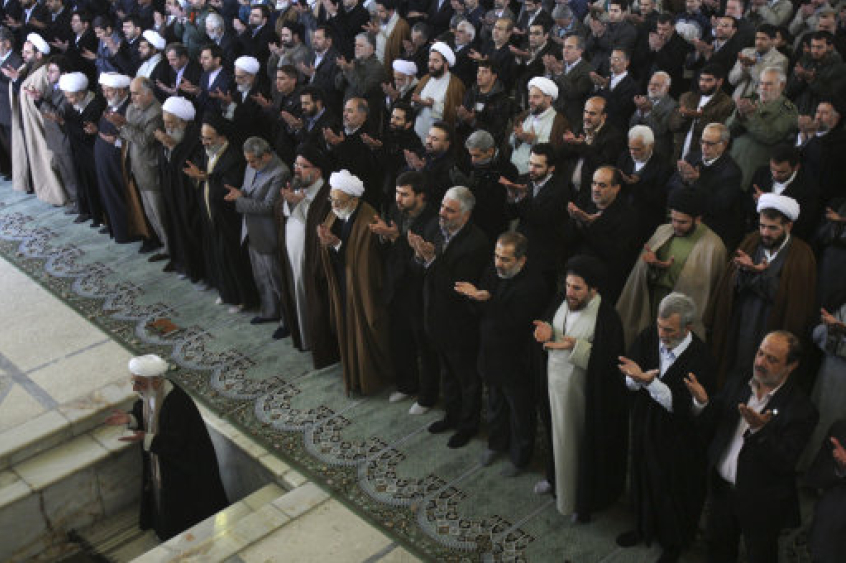
A proposed penal code in Iran retains stoning to death for people who commit adultery.
The provision was reinserted into a previous version of the draft law which had omitted stoning to death as the explicit penalty for adultery, according to Human Rights Watch (HRW).
Around 10 men and women in Iran are believed to be facing execution by stoning on adultery charges.
HRW said at least 70 people had been executed by stoning in Iran since 1980, with the last known one taking place in 2009.
The Mehr News Agency reported in April that the Guardian Council, comprising 12 jurists, had put the finishing touches to the draft law and that it would soon be implemented.
HRW is calling upon Iran's judiciary not to implement the penal code.
"Stoning to death is an abhorrent punishment that has no place in any country's penal code," said Sarah Leah Whitson, Middle East director at Human Rights Watch.
"By insisting on keeping stoning in the penal code, Iranian authorities are providing proof positive that they preside over a criminal justice system based on fear, torture and injustice."
HRW is concerned that the penal code contains other abuses of human rights, including the death penalty for child offenders for certain crimes and "broad or vaguely worded" laws relating to national security.
"Regardless of what Iranian officials say, the new penal code will be an absolute disaster for human rights," Whitson said. "It speaks volumes when a main issue among Iranian officials and jurists is whether people convicted of the 'crime' of adultery should be stoned to death or hanged."













